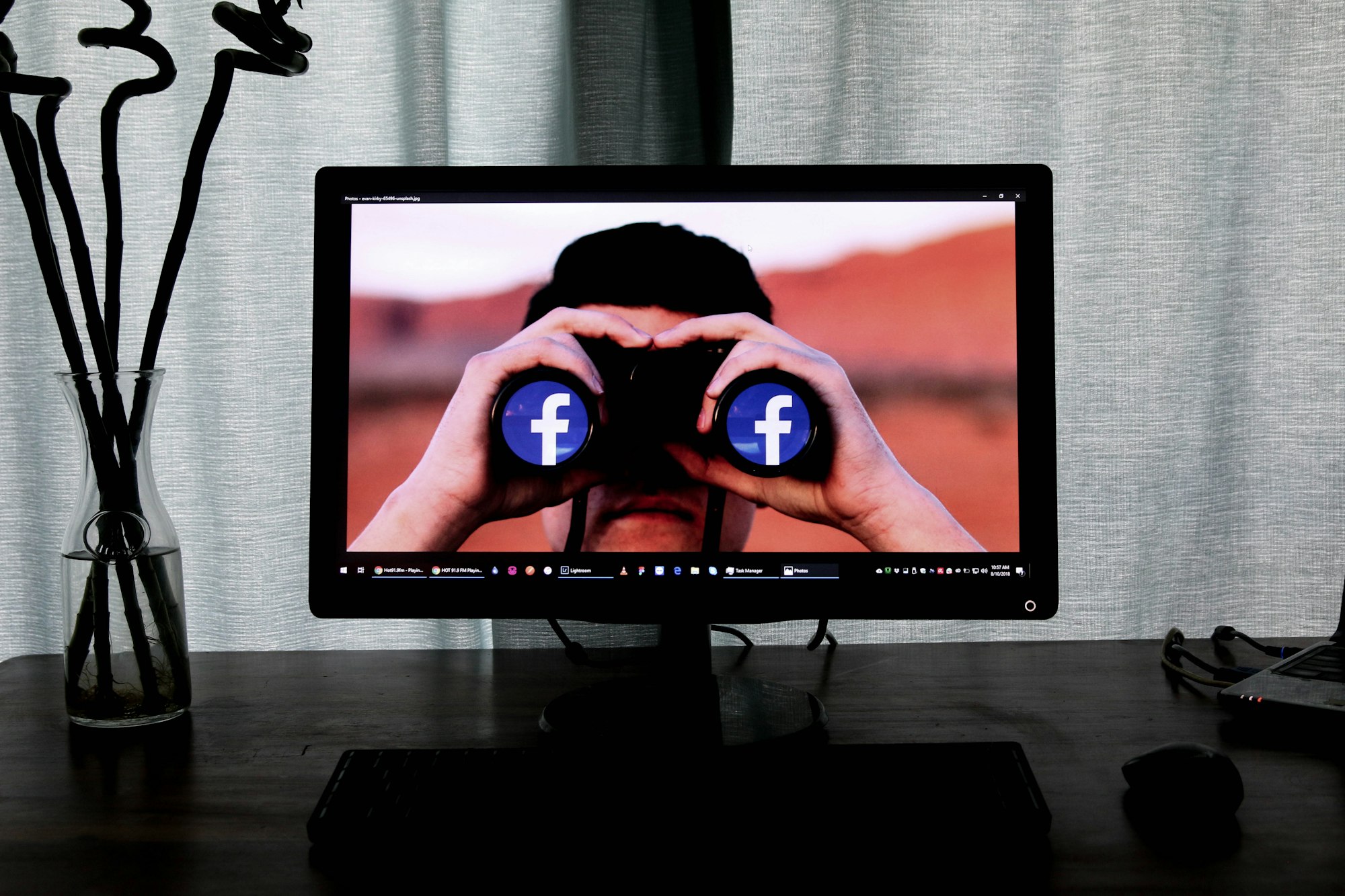Facebook Watch DOA, Walmart Rising, Microsoft Supports J-Tax

Facebook's Smartwatch Is Probably DOA
Last week The Information first reported that Facebook was working on an Apple Watch competitor. This is partly driven by perceived market opportunity and partly by Facebook's growing animus toward Apple. The device, expected to launch next year, will reportedly focus on fitness and health and offer messaging and other social features. It will run on a forked version of Android, rather than Google's WearOS. In addition to a smartwatch, Facebook is also working on smart glasses.
Our take:
- Following several years of scandals, consumer trust in Facebook is badly damaged.
- Facebook's smart screen Portal device failed to gain adoption because of privacy concerns, although the company now claims sales growing.
- A smartwatch is a highly personal device; the only way the Facebook Watch will sell is with rock-bottom/subsidized pricing.
Walmart an Increasingly Formidable Amazon Rival
Walmart is finally emerging as a formidable competitor to Amazon. Consumer Intelligence Research Partners estimates that Walmart+, the company's Prime-like loyalty program, now has something approaching 8 million customers, who spend about $1,000 per year. (Amazon Prime has more than 140M members in the US.) Online Walmart grocery shoppers spend almost 2X that amount. Indeed, Walmart recently displaced Amazon as the number one online grocery retailer in the US (30% vs. 27%).

Our take:
- The Walmart brand is double-edged; it's trusted by many but tainted for others.
- Impressively, however, Walmart has been building out its digital portfolio. Most recently, it acquired dynamic display ad platform Thunder.
- 90% of Americans live within 10 miles of a Walmart store, a major competitive omnichannel advantage vs. Amazon.
Microsoft Endorses Taxing Tech to Support Journalism
Last week Microsoft formally endorsed the Australian News Media Bargaining Code, which requires tech giants to subsidize news publishers. If they can't agree on terms, binding arbitration kicks in. Google (and Facebook) have agreed to the concept but hate the particulars in Australia. Microsoft thinks the US should adopt a similar proposal. The EU is contemplating it, even as a copyright-driven approach already being implemented in France.
Our take:
- Google's willingness to pay for news (coming very recently) is a huge change from its earlier, "our traffic drives value" opposition-position.
- The Australian policy is part of a larger "tax Silicon Valley" mindset taking hold globally including in US states. It will be challenged in court.
- For debate: When is it OK to tax digital media companies to subsidize societal priorities? Here the motives are mixed: equity and punishment.
Short Takes
- Because of fraud, Google bans search ads for locksmiths in Belgium.
- After delay Google starts updating iOS apps with YouTube.
- Stanford researchers find Clubhouse audio conversations not secure.
- Baby Boomers are the fastest-growing cohort of online shoppers.
- After Hyundai, Nissan bails on Apple Car discussions.
- Libeo, which streamlines SMB invoicing, raised a €20 million series A.
- NYT critique of Silicon Valley secret "rationalists" and a rebuttal.
Listen to the Near Memo podcast, unrestrained opinion from Mike Blumenthal, David Mihm & Greg Sterling.
Please let us know what you think. Email gsterling@nearmedia.co with suggestions and recommendations.


